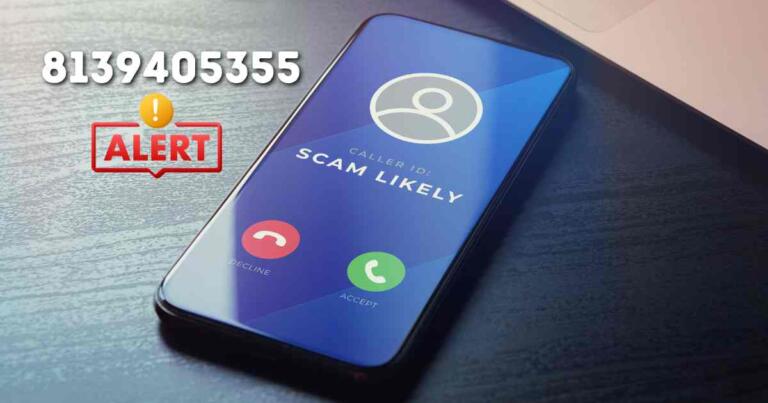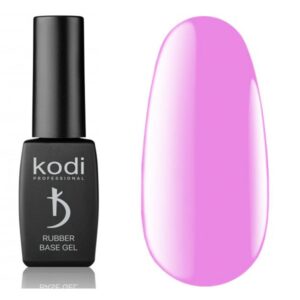Google: What Happens When We Type In I’m Feeling Curious
What Happens When We Type I am Feeling Curious
We all get curious from time to time. It’s only natural. But what happens when we type “I am feeling curious” into our search engines? What sort of results comes up? Are they tailored to our individual needs? And what does this say about the state of AI today?
We all know the feeling – that sudden surge of curiosity about something we just read or heard about. Whether it’s wanting to know more about a celebrity’s personal life or wanting to find out the history behind a current event, our curiosity can often feel like a strong urge that we just have to satisfy. But what actually happens in our brain when we feel curious?
What is the feeling of curiosity?
The feeling of curiosity is one that is often hard to describe. It is a mix of excitement and intrigue, and it can be both exhilarating and nerve-wracking. When we feel curious about something, we want to know more about it. We are drawn to it and can’t help but investigate.
Curiosity is often what drives us to learn new things. It is what motivates us to ask questions and seek out answers. And while it can sometimes lead us into trouble, it is also what makes life interesting and fun.
If you’re feeling curious right now, why not take a moment to explore something new? You never know what you might discover!
Curiosity is the feeling of wanting to know more about something. It’s the desire to learn more about something that you’re interested in. When you’re feeling curious, you’re motivated to seek out new information and experiences.
Curiosity is a key ingredient for learning and discovery. When you’re curious about something, you’re more likely to pay attention to it and remember it. And when you have a genuine interest in something, you’re more likely to explore it deeply and learn all you can about it.
So if you’re feeling curious, don’t hold back! Follow your curiosity and see where it leads you. Who knows what you might discover!
What Happens in the Brain When We Feel Curious?
When we feel curious, our brains are actually working hard to try to figure out what is going on. We are trying to make sense of the situation and come up with an explanation for what we are seeing or experiencing. This process is known as cognitive dissonance reduction, and it helps us to understand and learn from new information.
Cognitive dissonance reduction is a theory that was first proposed by social psychologist Leon Festinger in 1957. It suggests that when we experience an inconsistency between what we expect to happen and what actually happens, we feel uncomfortable. This discomfort motivates us to reduce the dissonance by changing our beliefs or behaviors.
For example, if you see a person walking down the street wearing a coat in summer, you might feel curious because it is unexpected. Your brain will work to explain this inconsistency by concluding that the person must be cold. This explanation reduces the cognitive dissonance you were feeling and helps you to understand the situation.
Curiosity is important for learning and problem-solving because it allows us to explore new ideas and find creative solutions. When we are curious about something, we are more likely to pay attention to it and remember it later. This means that we can learn more effectively
The Benefits of Curiosity
We all know the feeling of curiosity. It’s that nagging feeling that there is something out there that we just have to know. For some of us, it’s a passing fancy that comes and goes. But for others, curiosity is a driving force in our lives.
Why are some people more curious than others? And what are the benefits of living a curious life?
According to studies, people who are curious tend to be more creative and open-minded. They’re also more likely to score higher on IQ tests and be better at problem-solving. In other words, being curious makes you smarter!
But that’s not all. Curiosity has also been linked with better mental and physical health. People who are curious tend to live longer, happier lives. They’re also less likely to suffer from anxiety and depression.
So if you’re feeling curious, don’t hold back! Embrace your inner investigator and see where it takes you. You might just be surprised by what you find.
How to Be More Curious in Life
We all know the feeling of being curious. That spark of interest makes us want to know more about something. But what happens when we take action on our curiosity?
For starters, our brains are wired to pay more attention to things that are new or unusual. So when we follow our curiosity, we’re essentially telling our brains that this is something worth paying attention to.
This heightened level of attention can lead to a number of benefits, including improved memory, better focus, and increased creativity. In other words, being curious can make us smarter and more productive people.
But that’s not all. Studies have also shown that people who are more curious tend to be happier and more satisfied with their lives. They report feeling more engaged with the world around them and less anxious about what the future might hold.
So if you’re looking for a way to improve your life in a variety of ways, start by following your curiosity. You might be surprised at just how far it takes you.
Here are a few tips to help you get started:
1. Make time for curiosity.
If you want to be more curious, you need to make time for it in your life. This means setting aside some time each day to explore something new. It doesn’t have to be anything major – even 10 minutes of dedicated exploration can make a difference.
2. Follow your interests.
One of the best ways to be more curious is to follow your interests. If there’s something you’ve always been curious about, take some time to learn more about it. Read books, and articles, or even take a class on the topic. The more you know about something, the more likely you are to find new and interesting aspects of it to explore.
3. Be open-minded.
To be truly curious, you need to be open-minded. This means being willing to consider new ideas and perspectives, even if they differ from your own. When you’re open-minded, you’re more likely to find new things that spark your interest.
4. Ask questions.
Asking questions is a great way to satisfy your curiosity and learn new things. Whenever you come across something
Conclusion
When we type “I am feeling curious” into Google, a lot of things happen. First, Google’s algorithms take that phrase and try to figure out what we’re looking for. Based on the context of the search and our past searches, Google returns a list of results it thinks will be helpful. But beyond that, something else happens our search added to the vast pool of data that helps Google get smarter every day. By understanding what we’re curious about, Google can better tailor its results to our needs — and everyone’s needs — in the future. So next time you’re feeling curious, remember: you’re helping Google become even more helpful in the process.
Share this content:













